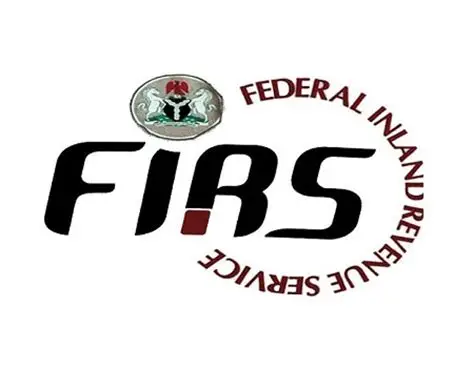The Federal Inland Revenue Service (FIRS) has appointed Xpress Payment Solutions Limited as a collecting agent under the Treasury Single Account (TSA) framework.
The designation allows taxpayers on the FIRS TaxPro Max platform to remit statutory payments, including Company Income Tax, Value Added Tax, Withholding Tax, and other levies, through Xpress Payment channels.
Taxpayers can now generate Payment Reference Numbers on TaxPro Max and make payments either online via XpressPay, the company’s digital gateway, or in person at any participating bank branch using the e-Cashier platform.
Speaking on the appointment, the Acting Managing Director of Xpress Payment Solutions, Wale Olayisade, said the partnership highlights the company’s focus on efficiency and reliability.
“We are honoured to be selected by FIRS as a collecting agent under the TSA. This partnership aligns perfectly with our mission to provide efficient, transparent and technology-driven payment solutions that support Nigeria’s economic growth and national development. Our systems are built to ensure ease, speed and security for every transaction,” he said.
Olayisade added that the company has implemented robust infrastructure and customer support measures to facilitate a smooth and reliable experience for taxpayers using its platforms.
Meanwhile, the Chairman of the Federal Inland Revenue Service (FIRS), Dr Zacch Adedeji, has said that the tax reform initiatives of the federal government form a central component of the country’s strategy for long-term economic resilience.
He made the remarks last Friday during the inaugural Distinguished Lecture Series at the University of Ilesa in Osun State.
Delivering a lecture titled “Economic Resilience in an Era of Dwindling Revenue,” Adedeji suggested that the pressures on public finances should be seen not as a crisis but as an opportunity to implement far-reaching reforms under President Bola Tinubu’s administration. He cited global factors such as digital disruption, rising debt, climate-related constraints, and overlapping economic shocks as drivers for rethinking conventional revenue strategies.
“Nigeria’s response must combine stronger institutions, diversified revenue streams, and the adoption of a modern, technology-driven tax administration framework,” he said. Adedeji outlined fiscal flexibility, policy coherence, institutional strength, and human capital adaptability as critical pillars for building a resilient economy.
Adedeji also detailed ongoing FIRS initiatives aimed at transforming tax administration, including the automation of tax processes, expansion of the TaxPro Max platform, improved taxpayer identification systems, and strategic collaboration with state governments to enhance coordination.
He said these reforms are intended to improve efficiency, transparency, and compliance across the economy.
In addition, Adedeji urged Nigerian universities to engage more actively in shaping national economic policy.
“The future belongs to countries that invest in knowledge, data, and adaptable human capital,” he said, calling for structured collaboration between academia and government to develop evidence-based models for digital taxation, revenue mobilisation, and economic diversification.
He emphasised that modern taxation relies on accurate data, seamless systems, and collaborative frameworks that encourage compliance while reducing administrative bottlenecks. According to Adedeji, these measures are essential to position Nigeria for sustainable development in an increasingly digital global economy.






